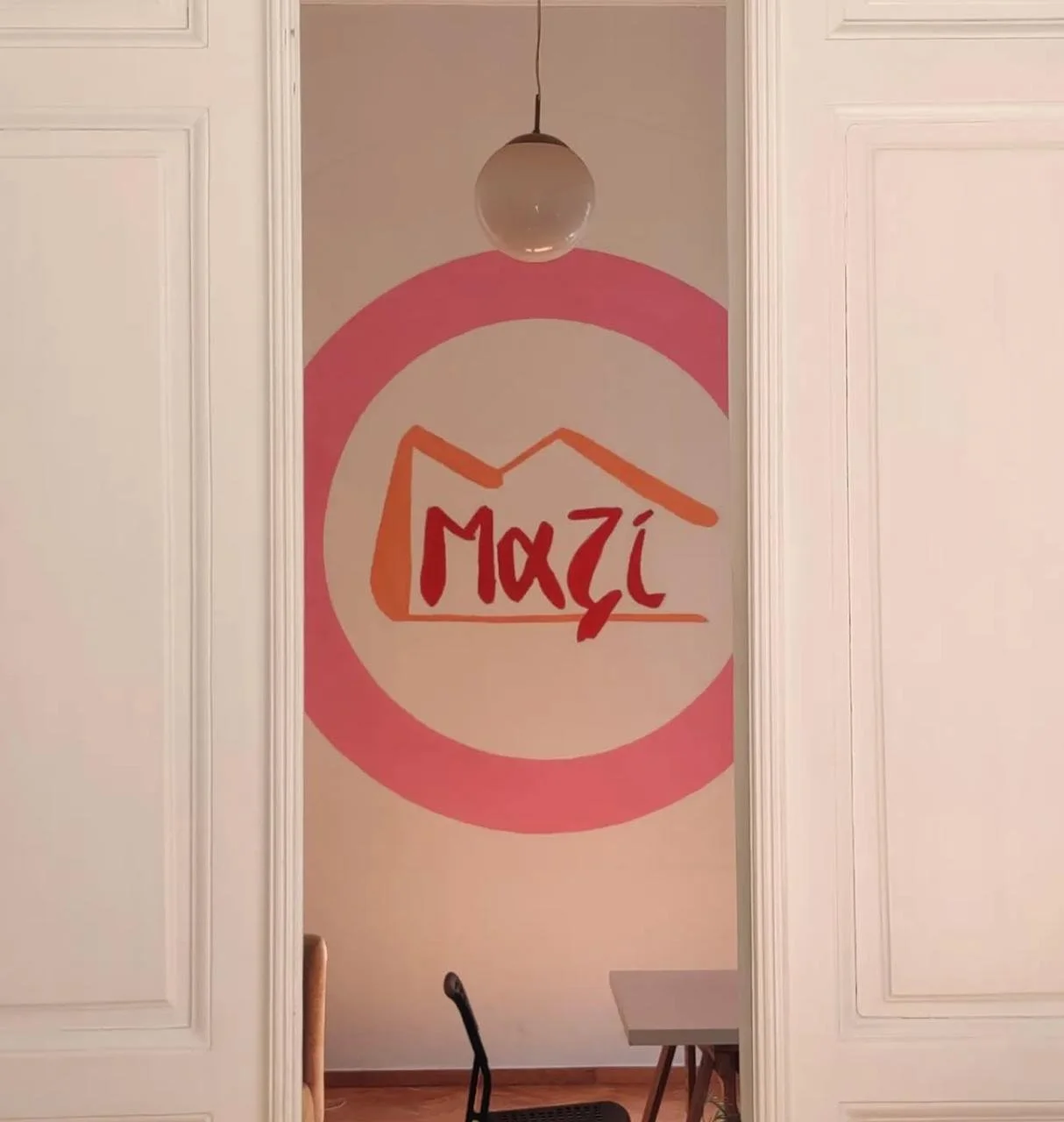About Us
Mazí Housing breaks the cycle of homelessness by providing community-based housing and person-centred casework support for displaced people in Athens.
We focus on stability, social connections, and self-reliance for young adult male asylum seekers and refugees. Our trauma-informed approach combines safe housing with individualised casework, grounded in human rights, anti-racism, and advocacy.
We believe housing is the foundation for social inclusion, enabling residents to rebuild their lives. We promote humane, cost-effective, and inclusive housing solutions that foster positive interactions between all. Our work is shaped by those with lived migration experience, ensuring sustainable and regenerative impact.
Our approach
Our Values
Safety
Safety is at the core of everything we do. We work in a hostile environment, in which many people hold existing and prior traumas and stressors. We know that feeling safe and secure is a prerequisite for moving out of flight, flight or freeze. We work to create safe environments for residents, personnel, volunteers and anyone coming into the Mazí’s space. Respectful and clear communication is foundational, and leads to healthier, more enduring and well-boundaried relationships.
Choice
Our residents have often experienced a loss of control over their lives due to displacement. Decisions about their housing, legal status and safety are often made by others. Redressing this imbalance is key to creating safety.
Residents regain a sense of control; at Mazí we offer them choices in their living environment, and support them to make informed decisions. Through a strengths-based approach in both housing and casework, we foster agency, confidence, self-esteem, and trust in their own judgment.
Our History
Mazí was founded in 2020 to address the urgent need for housing for displaced individuals in Athens. Many were trapped in the asylum system without legal status, healthcare, financial resources, or the means to secure stable housing and employment.
We chose to work with young men because state and humanitarian actors typically distribute aid based on the perceived vulnerability of different groups. Someone is “vulnerable” if they fit into a certain social group (old, under 18, LGBTQI+, female). Solo men are always at the bottom of this list, although they make up the majority of arrivals in Greece.
This vulnerability is compounded by narratives surrounding the male migrant that permeate many media outlets, and taint public perception. They are seen as dangerous and threatening, which makes it more difficult to ask for help and less likely that that request will be fulfilled.
Our Partners
-
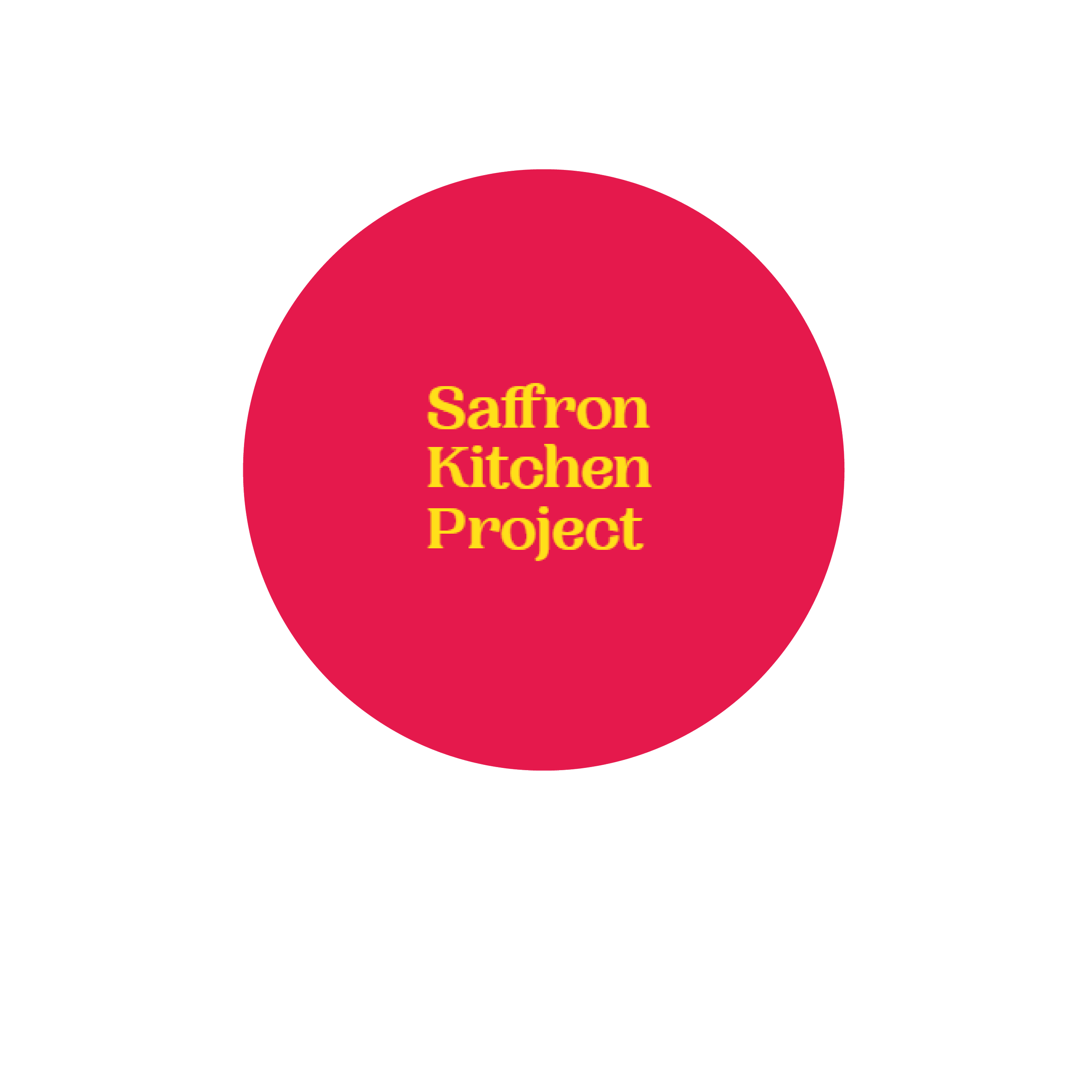
Saffron Kitchen Project
-

Action for Women
-
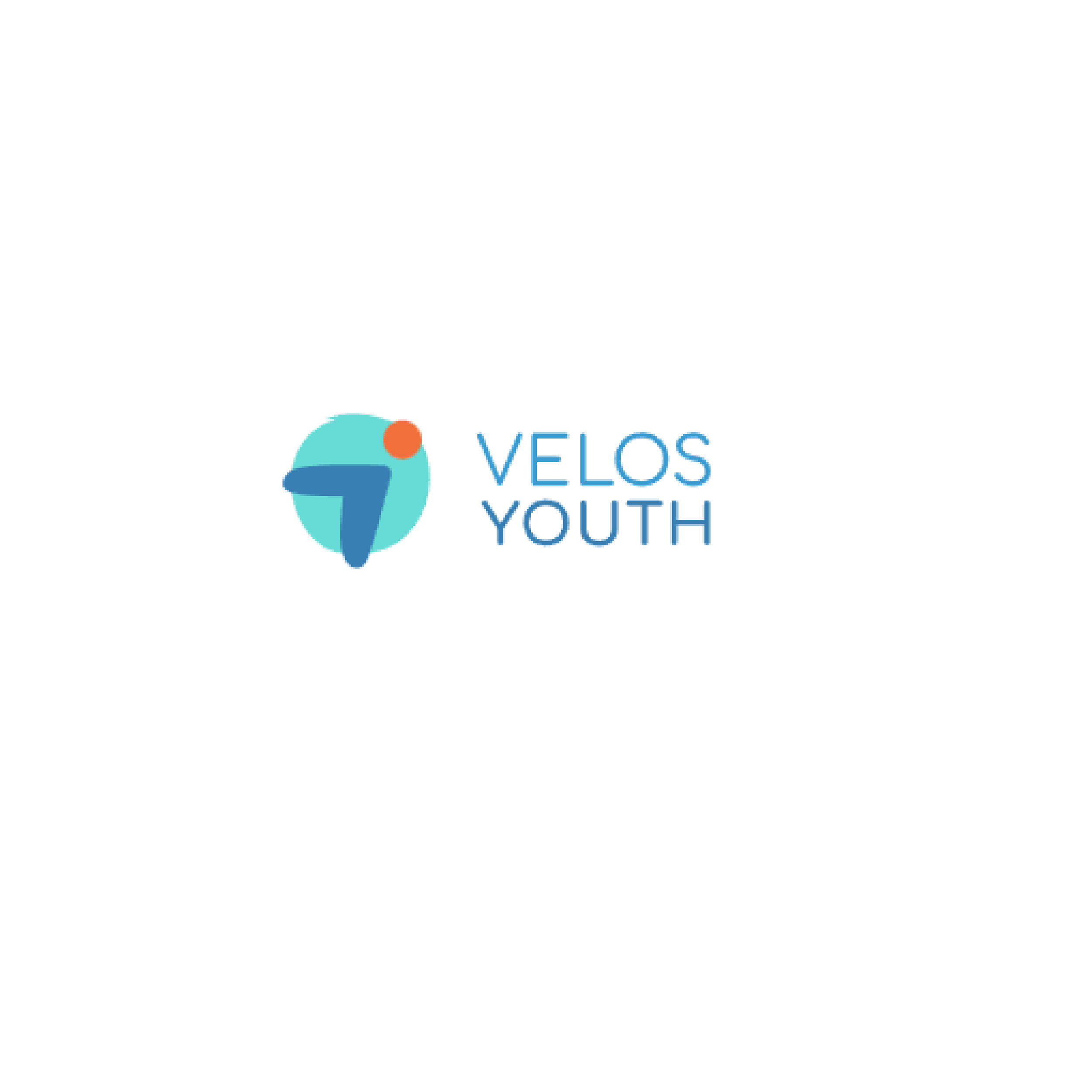
Velos Youth
-

ELIL
-

Refugee Legal Support
-

Equal Rights Beyond Borders
-
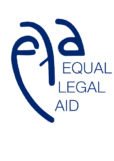
Equal Legal Aid
-

Better days
-

ECHO 100plus
-

Glocal Roots
-
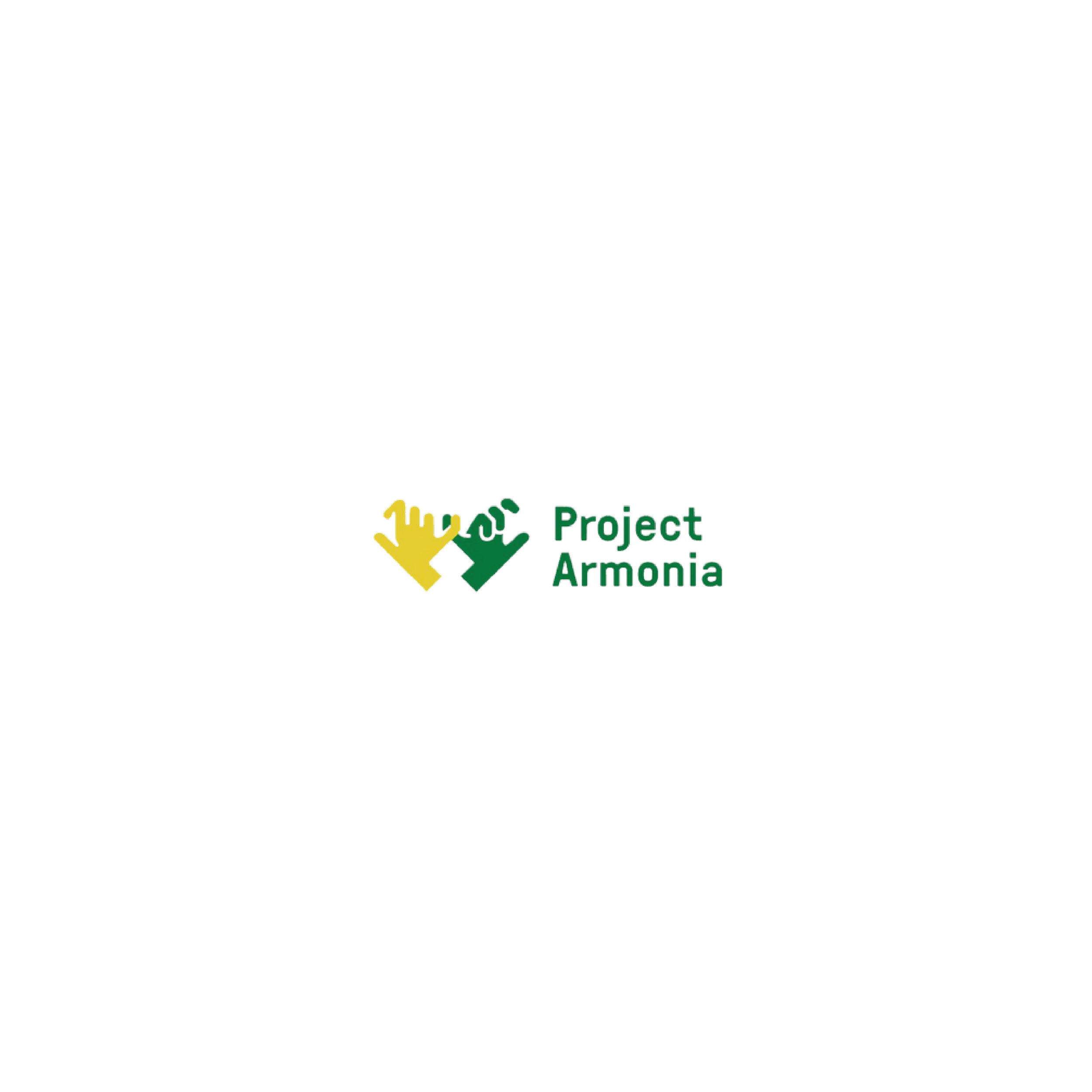
Project Armonia
-

Christian Refugee Relief
-
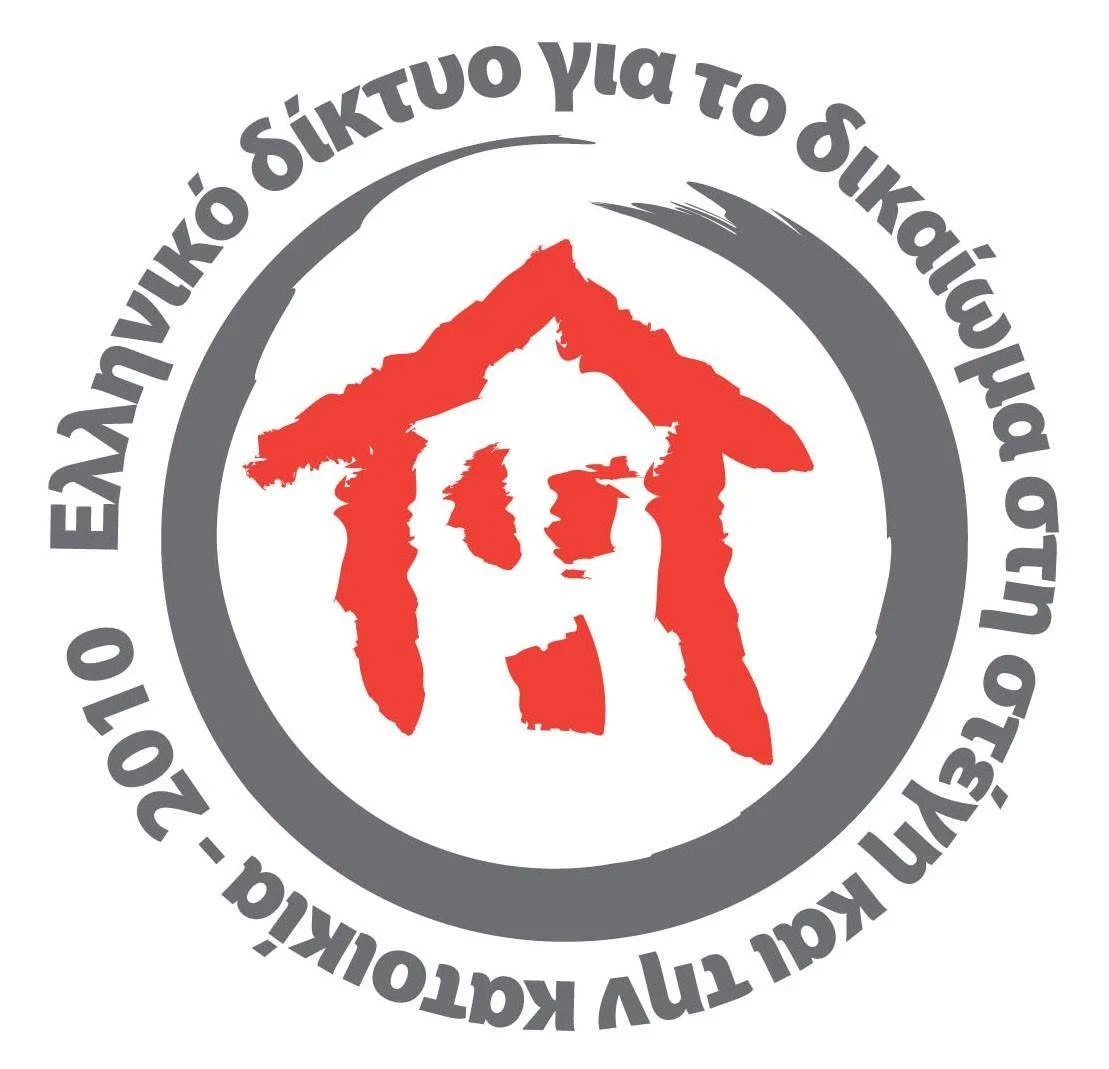
Greek Network for the right to Housing
-

ForRefugees
-
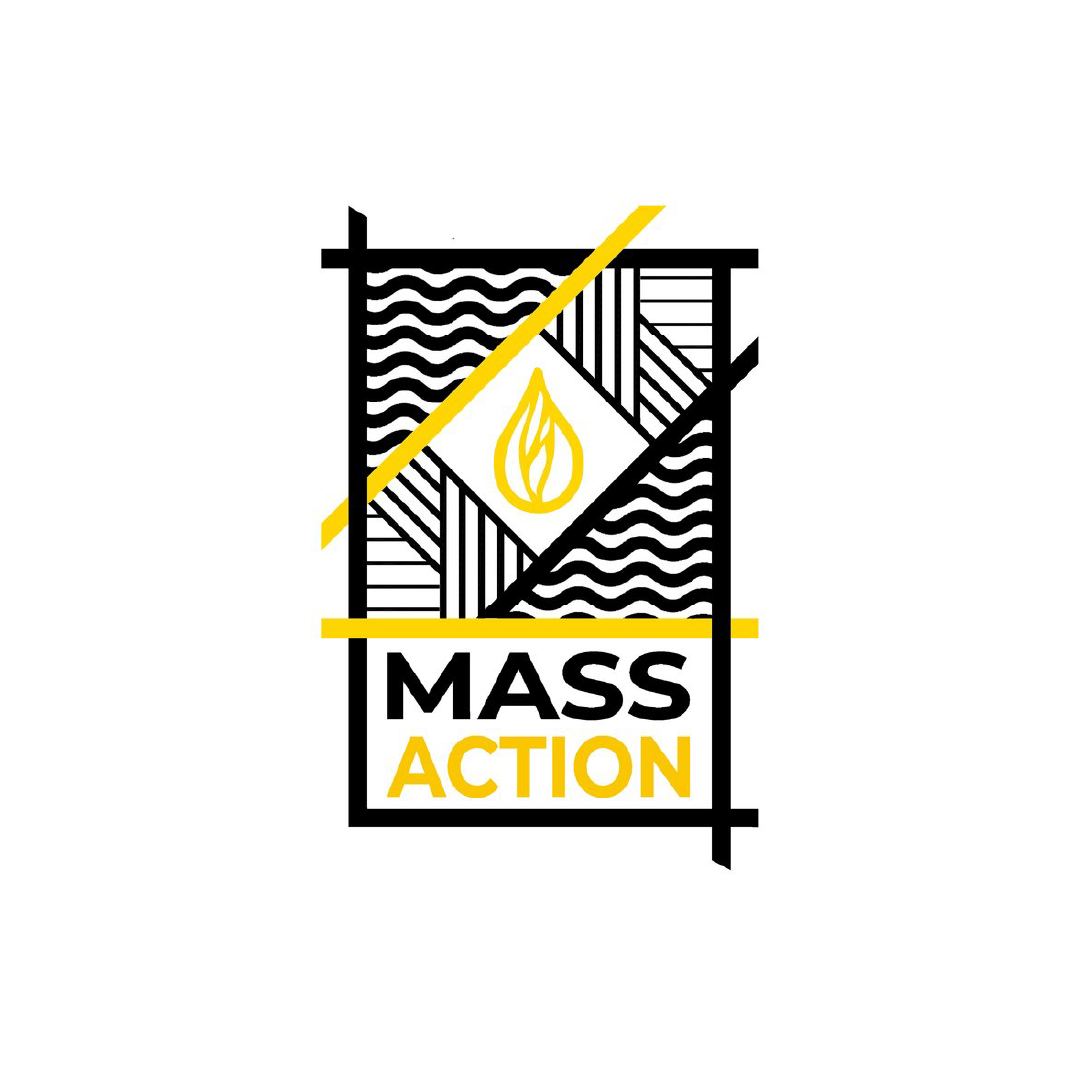
MASS Action
-

Choose LOVE
-

Project Elpida
-

Oxfam Novib

